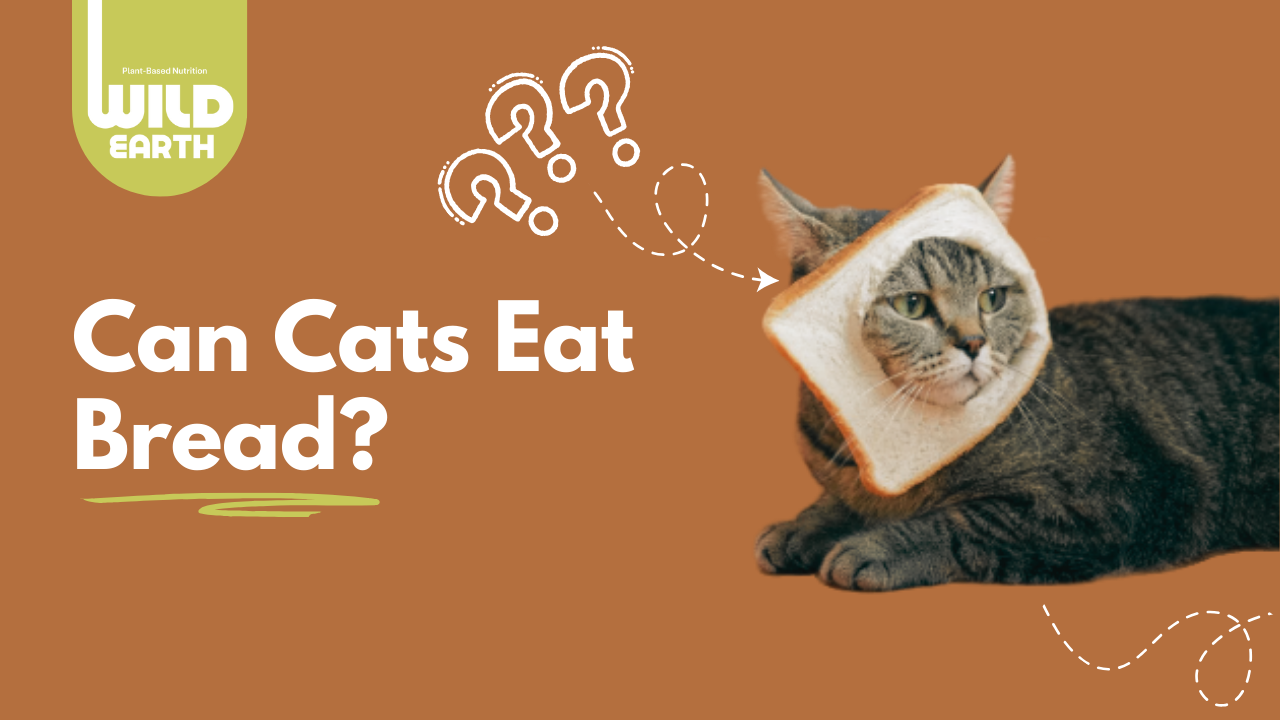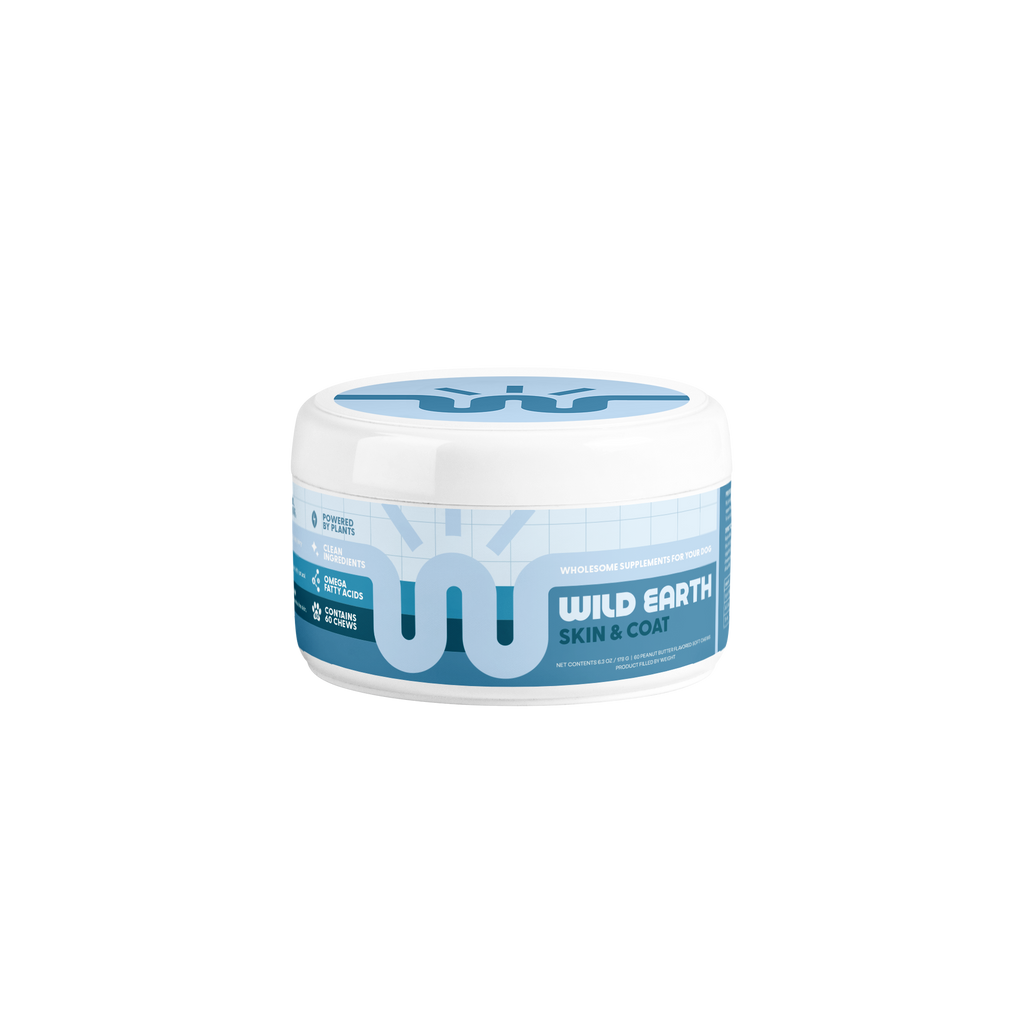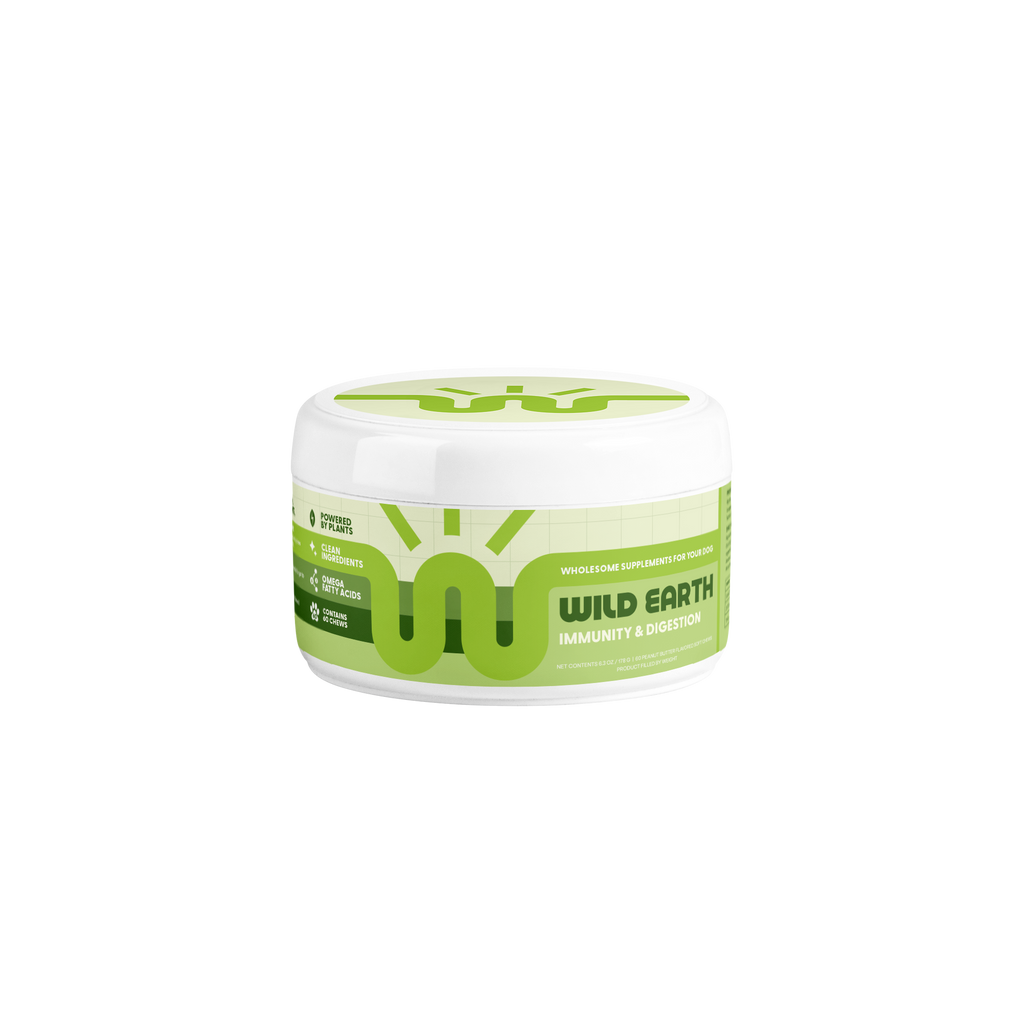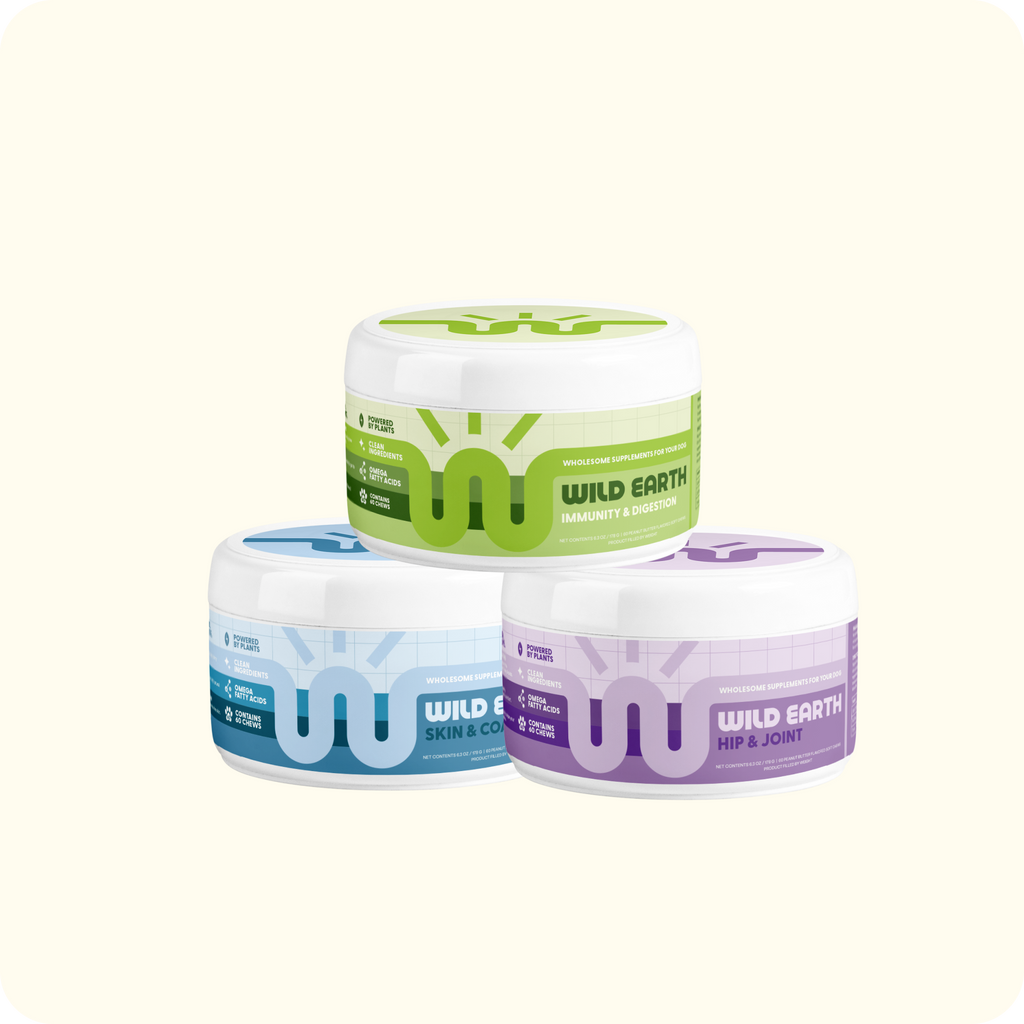
Can Cats Eat Bread? A Complete Guide for Pet Parents
Summary
- While plain baked bread is non-toxic in small amounts, it offers no nutritional value and can lead to weight gain or worsen conditions like diabetes.
- Raw bread dough is a veterinary emergency. It expands in the stomach and produces alcohol, potentially causing bloating, poisoning, and even death.
- Avoid bread containing garlic, onions, raisins, grapes, chocolate, or xylitol.
- Safe practice (The 3-S Rule) Offer only a Small, Simple (plain), and Seldom (rare) treat.
- Opt for cooked, unseasoned meats, freeze-dried protein treats, or vet-formulated options like Wild Earth’s healthy, protein-rich cat treats.
If your cat takes a tiny bite of plain bread, don’t panic, it's usually safe. But the thing is bread doesn’t give cats any real nutrition, and in some cases, it can be very dangerous. Raw dough, flavored breads, or loaves with certain ingredients can cause serious (and even life-threatening) problems.
The Good vs. The Bad: Not All Bread is Created Equal
Understanding the difference between safe and unsafe bread is crucial for cat owners. While some types pose no immediate danger, others can be toxic. This distinction helps ensure your feline friend's health and well-being.
When a Small Bite Is Okay But Not Healthy?
Plain baked bread isn’t toxic to cats. So, if your kitty nibbles at a crust that's on the floor, there’s no need to rush to the vet. But you should know why it’s still not a good idea:
- Bread = empty calories (no nutrients cats need)
- Cats are obligate carnivores they need protein, not carbs as they don't digest carbs well
- Extra bread can lead to weight gain or worsen conditions like diabetes
A small amount won't cause harm, but it provides no nutritional benefit so it doesn’t help either.
Why Is Raw Dough So Dangerous?
The danger is real and warrants immediate veterinary attention. Raw bread dough can expand in a cat's stomach, leading to bloating, and the yeast produces ethanol, which can cause alcohol poisoning. Both conditions are life-threatening and require urgent medical intervention.
When it comes to cats and bread, remember this crucial warning to never allow your cat to consume raw bread dough. Here's why it's so dangerous:
- Yeast Expansion: A cat's stomach provides the ideal warm, moist environment for dough to rise. This can cause severe bloating, intense stomach pain, and potentially fatal blockages.
- Alcohol Poisoning: The fermentation of yeast produces ethanol (alcohol), which is absorbed into the bloodstream. Even small quantities can lead to vomiting, disorientation, seizures, or even organ failure.
The ASPCA states that ingesting bread dough is a true emergency that requires immediate veterinary attention.
Hidden Ingredients to Watch Out For?
It's vital for cat owners to recognize the hidden dangers that certain bread ingredients pose to felines. While seemingly harmless to humans, these ingredients can be highly toxic to cats, leading to accidental poisoning and costly veterinary visits. Understanding these risks is crucial for ensuring your pet's safety and well-being.
Bread often has add-ins that are harmless to humans but toxic to cats:
- Garlic & Onions: Can damage red blood cells and lead to anemia.
- Raisins & Grapes: Linked to kidney failure.
- Chocolate or Sweet Breads: Toxic and contain excessive sugar.
- Xylitol (Sweetener): Extremely poisonous, even in small quantities.
So, while your morning raisin toast smells great, it could be deadly for your cat.
How to Safely Offer Bread?
If you insist on letting your cat try bread, follow the 3-S Rule This "3-S Rule" is important because it outlines how to offer bread safely, minimizing potential health risks to your feline friend.
- Small: Only a bite the size of a fingernail
- Simple: Plain, baked bread only (no spreads, no seasonings)
- Seldom: It should be a very rare treat, not part of their diet
Always exercise caution when feeding bread to cats.
Healthier Treat Alternatives Your Cat Will Love
Instead of offering bread, consider these healthier snack options that actively contribute to your cat's well-being
Nutrient-Rich Snacks
- Tiny pieces of cooked, plain chicken or turkey
- Freeze-dried meat treats (high-protein, no fillers)
For something safe, tasty, and designed for cats, choose cat-specific treats. At Wild Earth, our vet-developed, plant-based treats are rich in protein and easy to digest, perfect for cats who deserve a snack that does more than fill their belly.
Real-World Experience: From Reddit
One cat owner shared on Reddit how their curious kitty stole a piece of raw pizza dough off the counter. Within an hour, the cat was bloated, lethargic, and had to be rushed to the emergency vet. The vet confirmed ethanol poisoning from fermenting yeast. The owner said, “I thought dough was harmless until it almost killed my cat. Never again.”
Quick Fact
According to Pet Poison Helpline, bread dough is among the top 10 most dangerous household foods for pets.
FAQs
Can cats eat whole wheat or multigrain bread?
Technically not toxic, but seeds, nuts, or flavorings may be harmful. Best to avoid.
What happens if my cat eats raw dough?
That’s an emergency contact your vet immediately.
Why does my cat try to eat bread?
Some cats are curious about the smell or texture, but that doesn’t mean it’s good for them.
Final Verdict
If your cat sneaks a crumb of plain baked bread, it’s not toxic but it’s also not healthy. Bread has no nutritional value for cats, and too much can cause weight gain or worsen conditions like diabetes. The danger comes from:
- Raw dough expands in the stomach and produces alcohol, both of which can be life-threatening.
- Flavored breads ingredients like garlic, onions, raisins, chocolate, or xylitol are highly toxic.
The safe thing is to follow the 3-S Rule, only give bread that’s Small, Simple, and Seldom, if at all. Your cat’s body is designed for protein, not carbs. For your cat's health and happiness, skip the bread and offer safer alternatives like plain cooked meat, freeze-dried protein treats, or vet-formulated options such as Wild Earth’s healthy, plant-based treats.




































